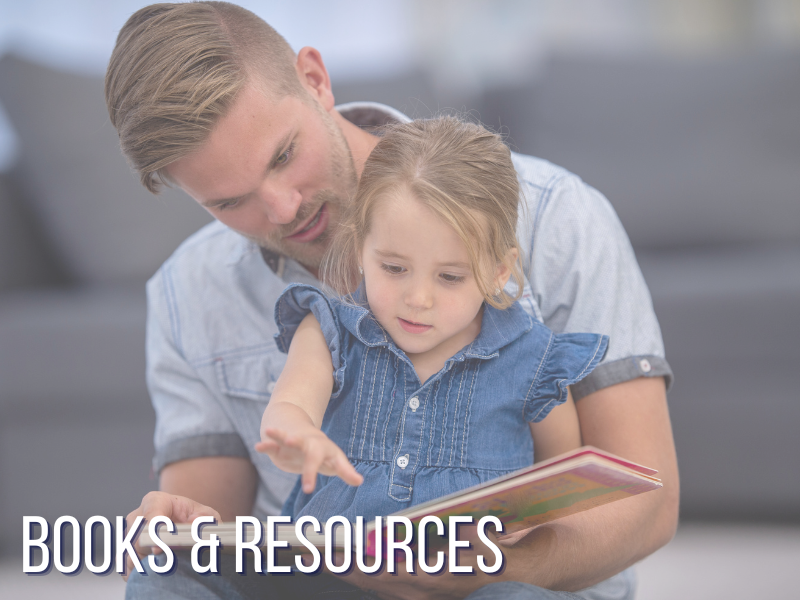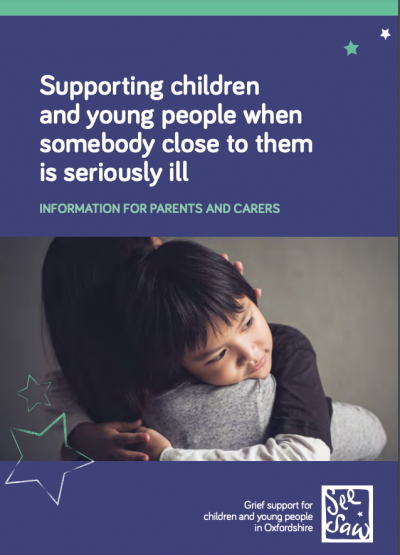Supporting children and young people when someone is seriously ill
When a parent, sibling or grandparent is seriously ill, the chances are that your child will already suspect that there is something wrong before they are told. As parents and carers, we want to protect our children and young people from life’s challenges. In doing so, we often underestimate how much they need to know and how well they can cope with information that we feel is too sensitive or too difficult for them to hear.
The reality is that children need clear, honest, age-appropriate explanations so that they feel included in what is happening and prepared for what is to come – the alternative can be that they will search for information elsewhere or begin to believe things that are incorrect and often more worrying for them.
We cannot prevent children and young people having emotions and reactions but if we are open and honest in how we communicate we can strengthen their trust and reduce their anxiety, which should enable them to accept and make good use of support.
Below you will find specific advice for different topics as well as our support video for serious illness in the family.
communication
What you choose to share with your child will depend on their age and stage of development and on any previous experiences they may have had with serious illness.
Young children, below the age of around 5 years old, will usually find it difficult to grasp the meaning of serious illness. They will probably be unable to understand any apparent reduced activity or low energy levels, for example, and will benefit from short, simple explanations and the opportunity to ask questions repeatedly about what is happening.
Similarly, children with specific learning difficulties or developmental disabilities may have limited understanding of serious illness and struggle to make sense of the changes they see. They too will benefit from brief, clear explanations using straightforward, concrete language.
Broadly speaking, children of primary school age will have some understanding of the implications of serious illness but may still have misconceptions that would need to be corrected. Asking them regularly about their understanding can help.
As children move into the teenage years, they develop the ability to reflect on serious illness and what it may mean for them and for their families, both now and in the future. They will benefit from honesty, clarity and inclusion where possible, as well as the invitation to ask questions and discuss their concerns whenever they need to.
reassurance and routine
Reassure them that there is no right or wrong way to feel about what is happening to their loved one; that it is ok if they feel sad, angry, scared, anxious or a mixture of many emotions. Hearing that they are free to express these emotions, that they are safe and loved and that they will be cared for even if their parent is seriously ill, will also help children and young people to self-regulate and to move forward.
school
Children and young people spend a great deal of time in school. It is important that their teachers and carers are aware if somebody close to your child is seriously ill so that they are able to understand any changes they may observe in your child’s emotional, behavioural or physical wellbeing and communicate this information back to you. The school should be updated when changes occur.
self care
Whether you are seriously ill, or you are caring for children when somebody else is, it is important that you also look after your own physical and emotional wellbeing. If you have offers of support, do not be shy to take them. Take time out for yourself whenever you can – time to relax, continue your pastimes, take exercise, get some fresh air or meet friends. Remember that we all need support at times and there are many organisations and networks that you can access for this, including contacting our team at SeeSaw for advice and support if you are concerned about your children.






